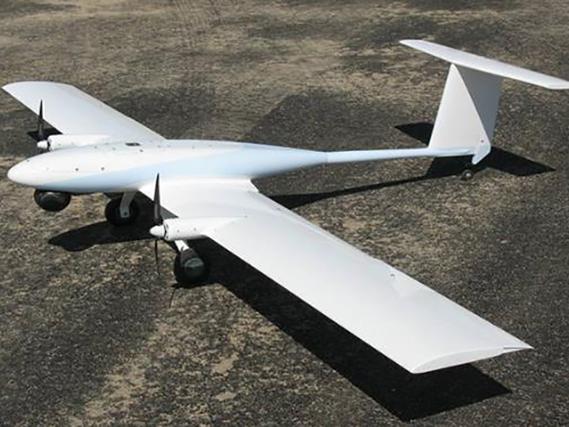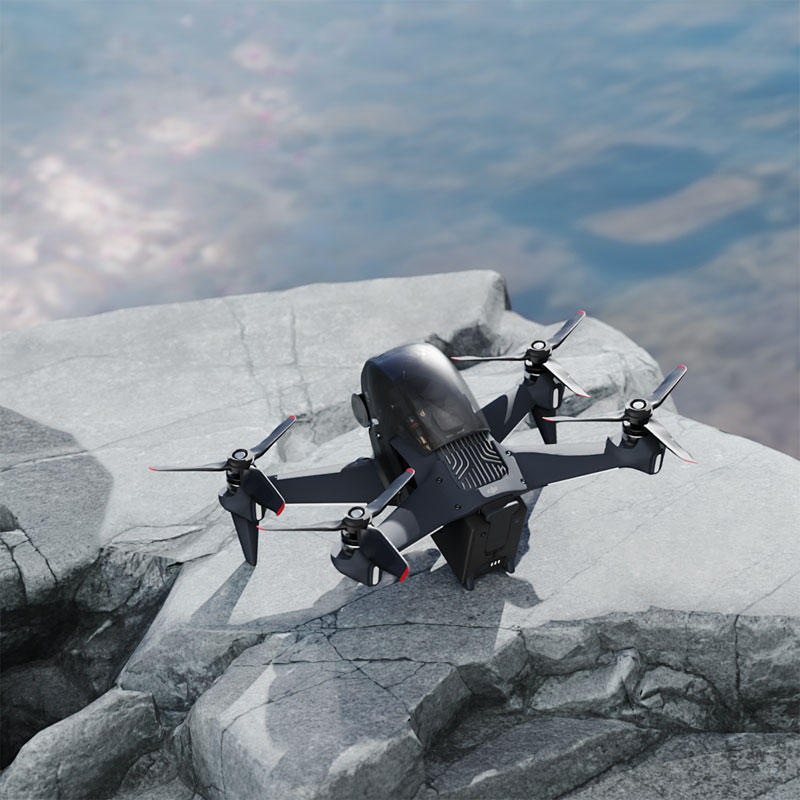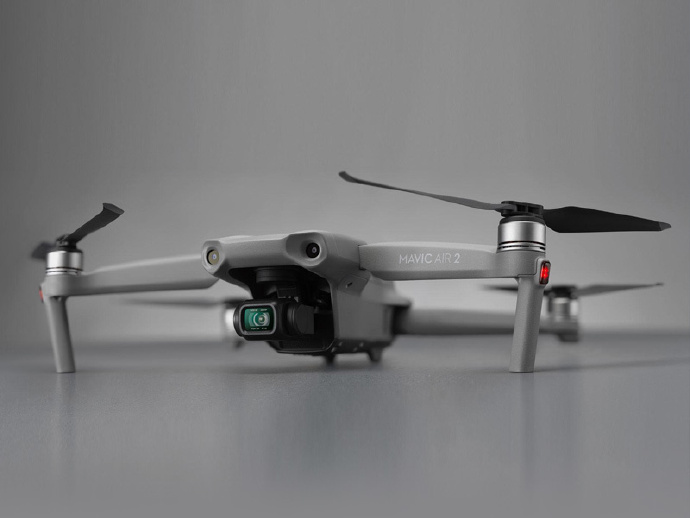The realm of drone careers is flourishing as technological advancements continue to pave new pathways in various industries. With drones no longer limited to military use, they have found applications in sectors like agriculture, filmmaking, surveillance, ecommerce, and disaster management, thereby creating a surge in demand for skilled professionals.
Why Drone Careers are Lucrative
The burgeoning field of drone technology offers lucrative career opportunities due to the widespread adoption of drones across industries. As automation becomes more prevalent, industries like logistics and retail are utilizing drones for deliveries, creating positions such as drone pilots and drone technicians. Furthermore, drones equipped with cameras and sensors are vital for data collection, enabling careers in data analysis and environmental monitoring.
and drone technicians. Furthermore, drones equipped with cameras and sensors are vital for data collection, enabling careers in data analysis and environmental monitoring.
Key Roles in Drone Careers
- Drone Pilot: This role requires expertise in maneuvering drones safely and efficiently for various tasks like aerial photography, mapping, and inspection.
- Drone Technician: Technicians maintain drones to ensure optimal performance, handling repairs and upgrades.
- Data Analyst: Responsible for interpreting the data collected by drones, providing insights for sectors such as agriculture and construction.
- Software Developer: Developers design and enhance software that controls drone functions and data processing.
Industries Embracing Drone Technology
Various industries are integrating drones to enhance efficiency and innovation. Agriculture harnesses drones to monitor crop health, soil conditions, and manage resources better. In filmmaking , drones capture breathtaking aerial shots that were previously difficult to achieve, revolutionizing the entertainment industry. Elsewhere, drones in disaster management contribute to real-time assessment, aiding in efficient resource allocation and emergency response.
, drones capture breathtaking aerial shots that were previously difficult to achieve, revolutionizing the entertainment industry. Elsewhere, drones in disaster management contribute to real-time assessment, aiding in efficient resource allocation and emergency response.
A strong understanding of air traffic control regulations is crucial for advancing in drone careers.
Education and Skill Development
To thrive in drone careers, one must opt for specialized training programs. Institutions worldwide offer courses focusing on flight techniques, maintenance, data analysis, and regulation compliance. Proficiency in technology and a solid grasp of ethical considerations in drone usage are essential skills. Continuous learning through workshops and certifications ensures staying updated with evolving drone technologies.

Challenges and Solutions
Drones present challenges such as privacy concerns and regulatory hurdles. Professionals must navigate these by adhering to guidelines and fostering transparency in operations. Collaboration with authorities for smoother integration into airspace is paramount for drone career success.
Future Prospects
The future of drone careers looks promising with innovation at the forefront pushing boundaries forward. As technology evolves, roles like drone swarming specialists may emerge to manage fleets for complex tasks. The integration of AI with drones opens up avenues for advanced solutions in agriculture and security.
Frequently Asked Questions
- What qualifications are needed for a drone career?
- Emerging roles in this field often require specific skills in flight operations, data analytics, or technology maintenance, alongside certifications from recognized training programs.
- Can drones replace human jobs?
- Drones complement human tasks, enhancing efficiency rather than replacing jobs. They require skilled individuals for operation and maintenance.
- Are drone careers sustainable?
- With rapid technological advancements and increased adoption across industries, drone careers continue to offer robust opportunities and sustainability.
